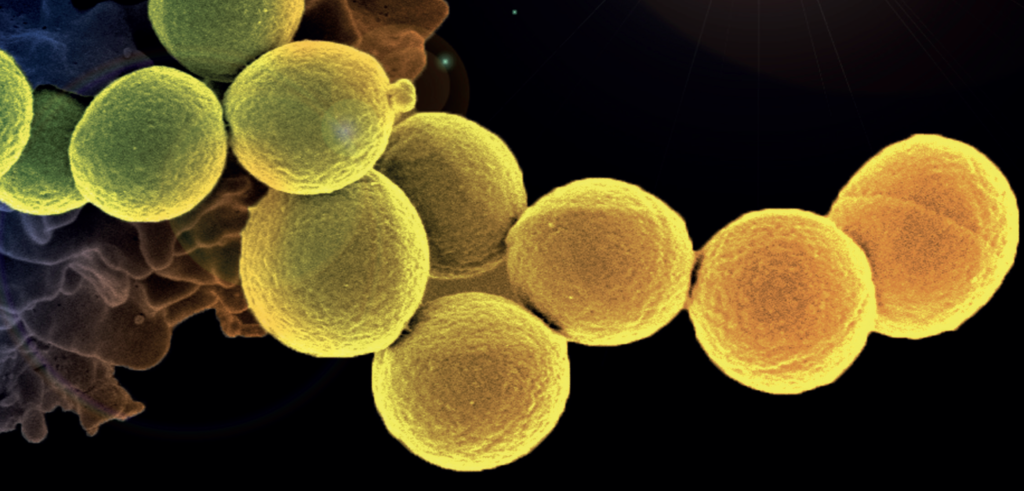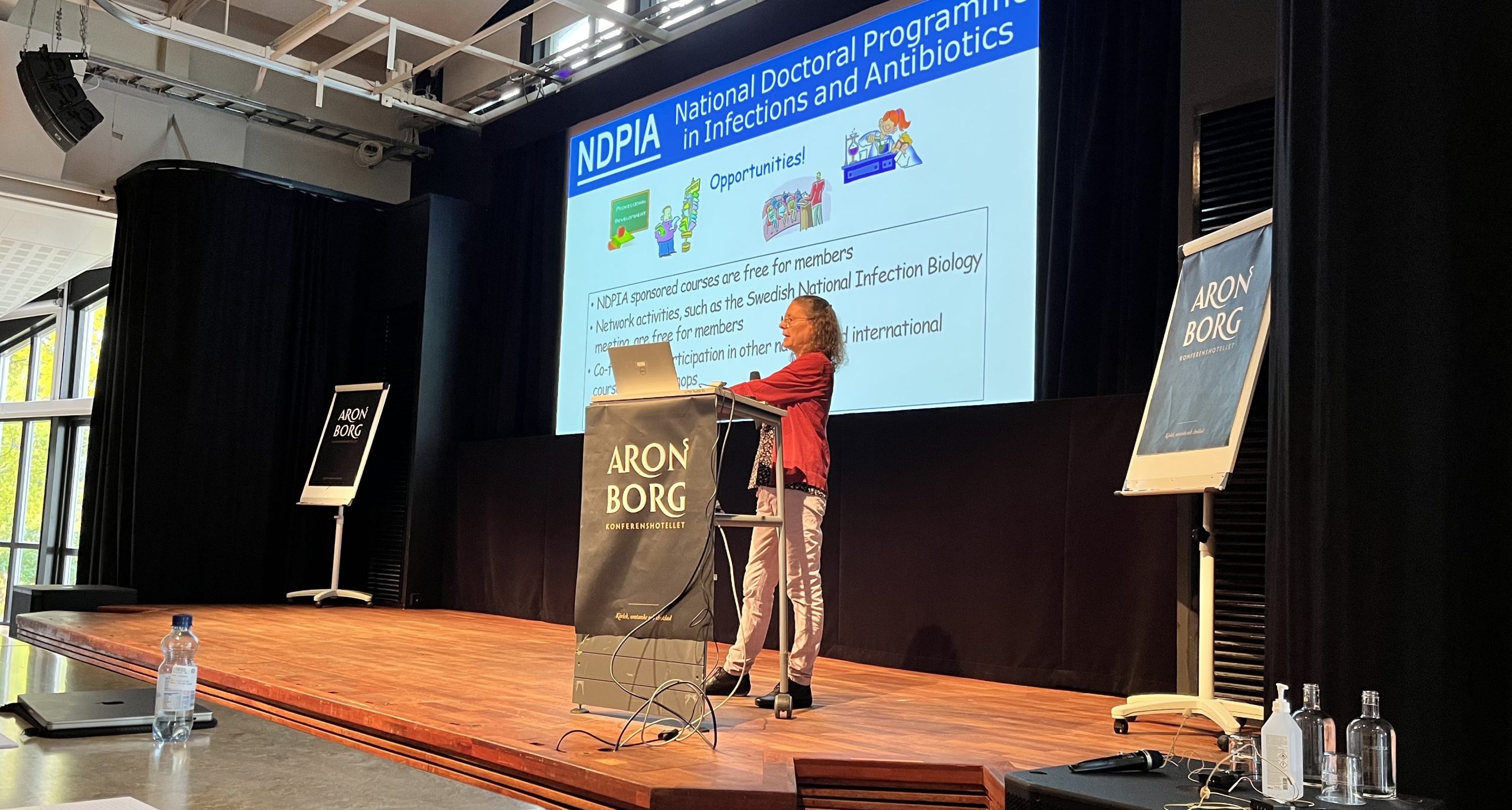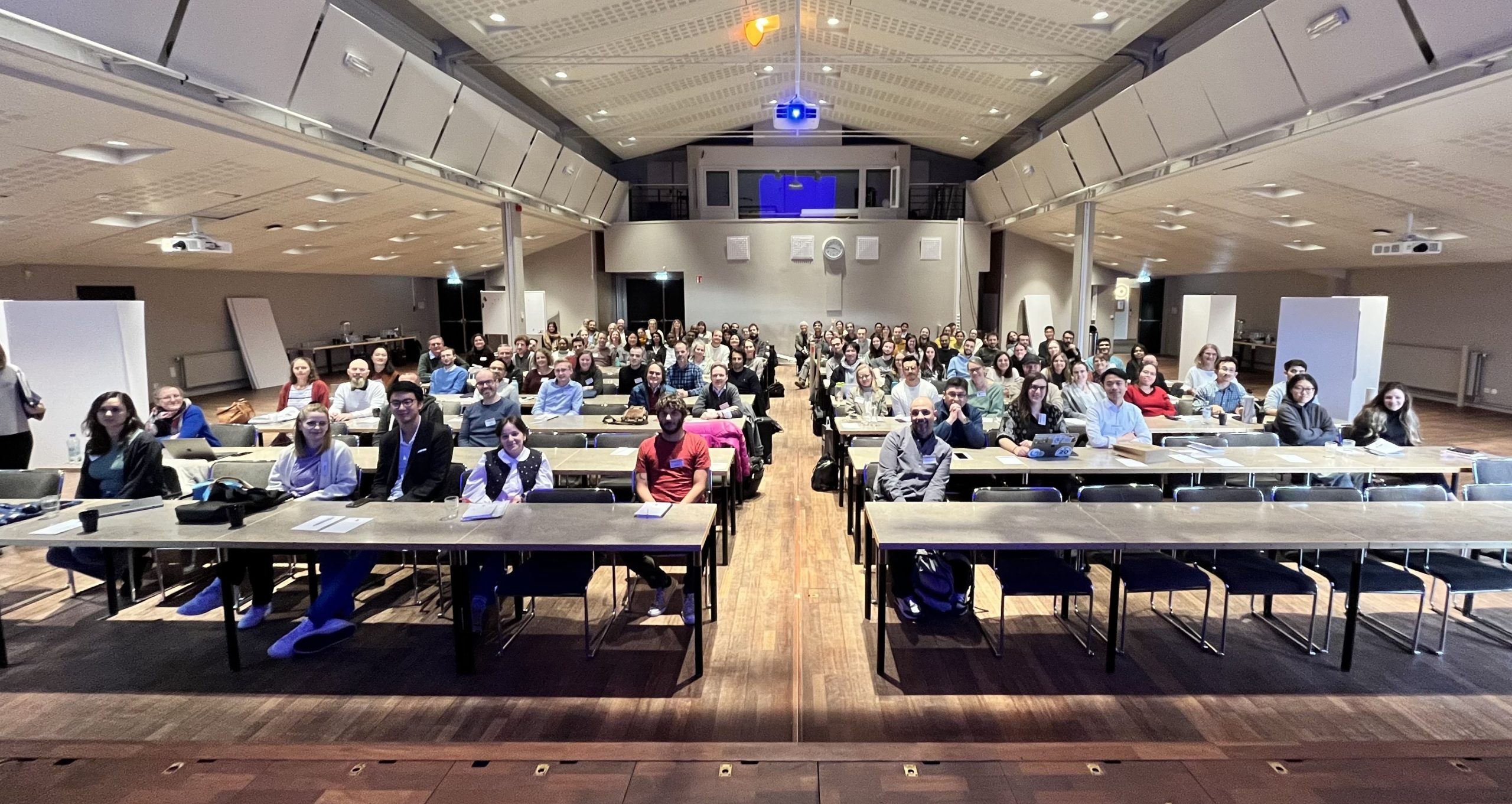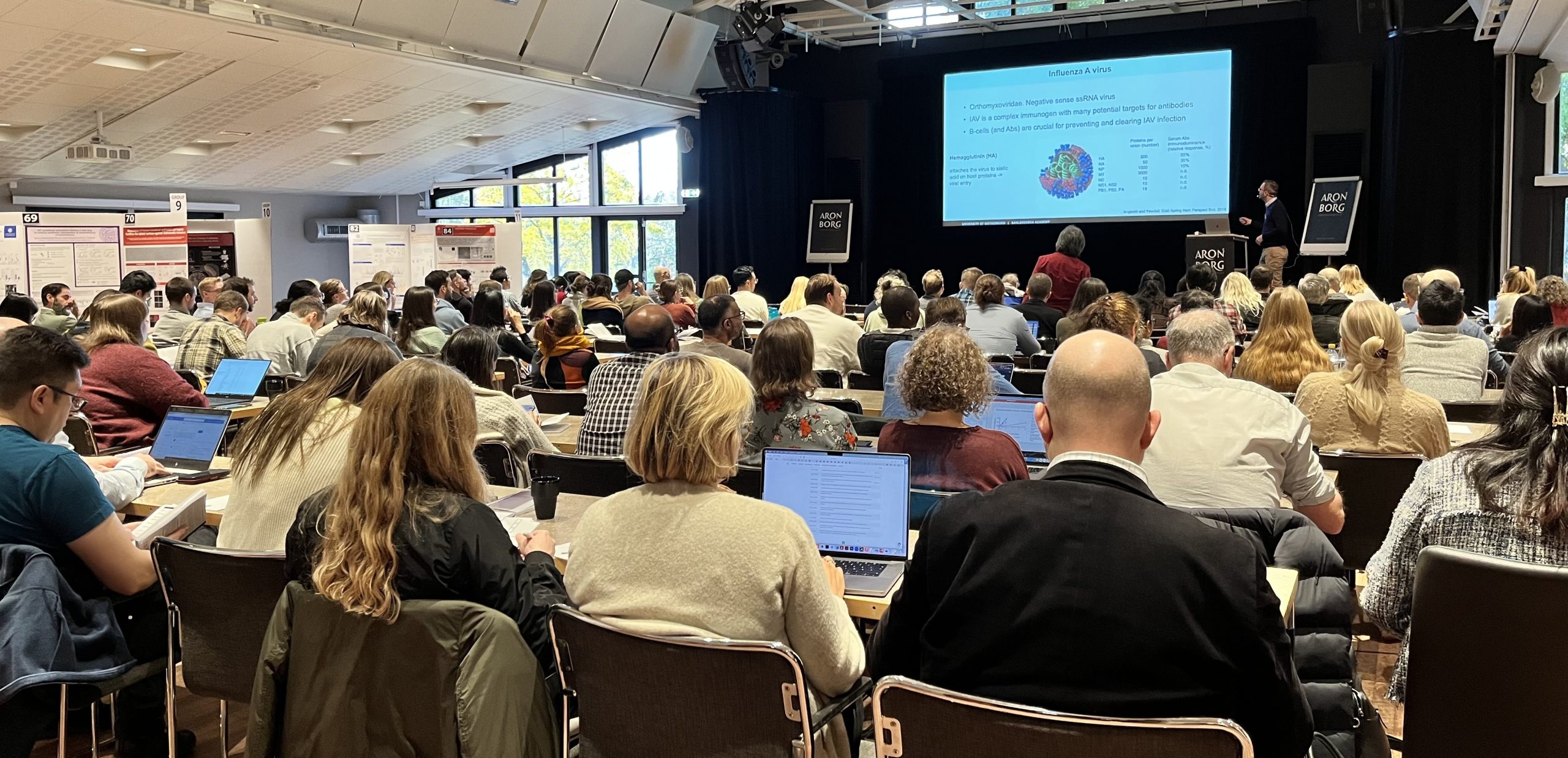Since there are spots left for the Antibiotics and Antibiotic Resistance course in April, we will keep registration open for a few more days!
View the preliminary course schedule and register here
Posts that uses this category will show up on the Home page.
Since there are spots left for the Antibiotics and Antibiotic Resistance course in April, we will keep registration open for a few more days!
View the preliminary course schedule and register here

Methicillin-resistant Staphylococcus aureus (MRSA). Courtesy: National Institute of Allergy and Infectious Diseases
This five-day intensive course for NDPIA members introduces antibiotic resistance from a microbial perspective and from a clinical – One Health perspective.
Abstract submission deadline: 4 March, 2024
The Nordic EMBL Partnership is now seeking doctoral researchers in molecular medicine for 2024. Take a look at the available positions at the nodes in the Nordics and start your scientific career with them!
Read more here: https://projects.au.dk/nordic-embl-partnership/careers
Application deadline: 11 February 2024

The tenth National Infection Biology and Swedish Microbiology Meeting 2023 was held at Aronsborgs Konferenshotell in Bålstad during 23-24 October 2023. The meeting was co-organized by the National Doctoral Programme in Infections and Antibiotics (NDPIA; www.ndpia.se) and the Swedish Society for Microbiology (SFM; www.mikrobiologi.net/sfm) with the aims to enhance cross-disciplinary research in Sweden within the fields of infection biology and microbiology as well as to strengthen the Swedish network of scientists within these fields.
Microorganisms are found nearly everywhere, and their versatile activities greatly impact our health and the environment, both positively and negatively. Microbiology research, now an integrative science, is vital for addressing certain global ambitions and challenges, such as disease prevention and treatment, maintaining our health, and protecting our food and water.
Current state-of-the-art microbiology research in Sweden will be presented by invited speakers within the sub-disciplines of bacteriology, virology, eukaryotic microbiology, host response, and environmental microbiology. In addition, 16 oral presentations have been selected from the poster abstract submissions and poster walks are organized allowing participants to present and discuss their work with other participants.





Many thanks to the organizing committee
National Doctoral Programme in Infection and Antibiotics (NDPIA) is looking for a project coordinator that will work with the NDPIA management to help organize courses, workshops, and network meetings as well as other duties needed to maintain and summarize records for student membership and NDPIA activities.
Link to the application site is given below.
https://umu.varbi.com/se/?jobtoken=1f76f929898449b5db6af6b5046dcc06f888d3003
Last day to apply is 2 November, 2023.